The 12 Essential Startup Tools for Rocket-Powered Growth
You’ve got a great business idea, a drive to succeed, and maybe even a team around you. Whether you’ve just signed up for a co-working space or are starting in your garage, you’re ready to hit the ground running and take the world by storm. But starting work on your startup without the right tool stack is a bit like trying to build a house without any lumber. Instead of building your tool stack from scratch, here’s a list of the essential startup tools you should think about getting.
Startup tool #1: Project management software
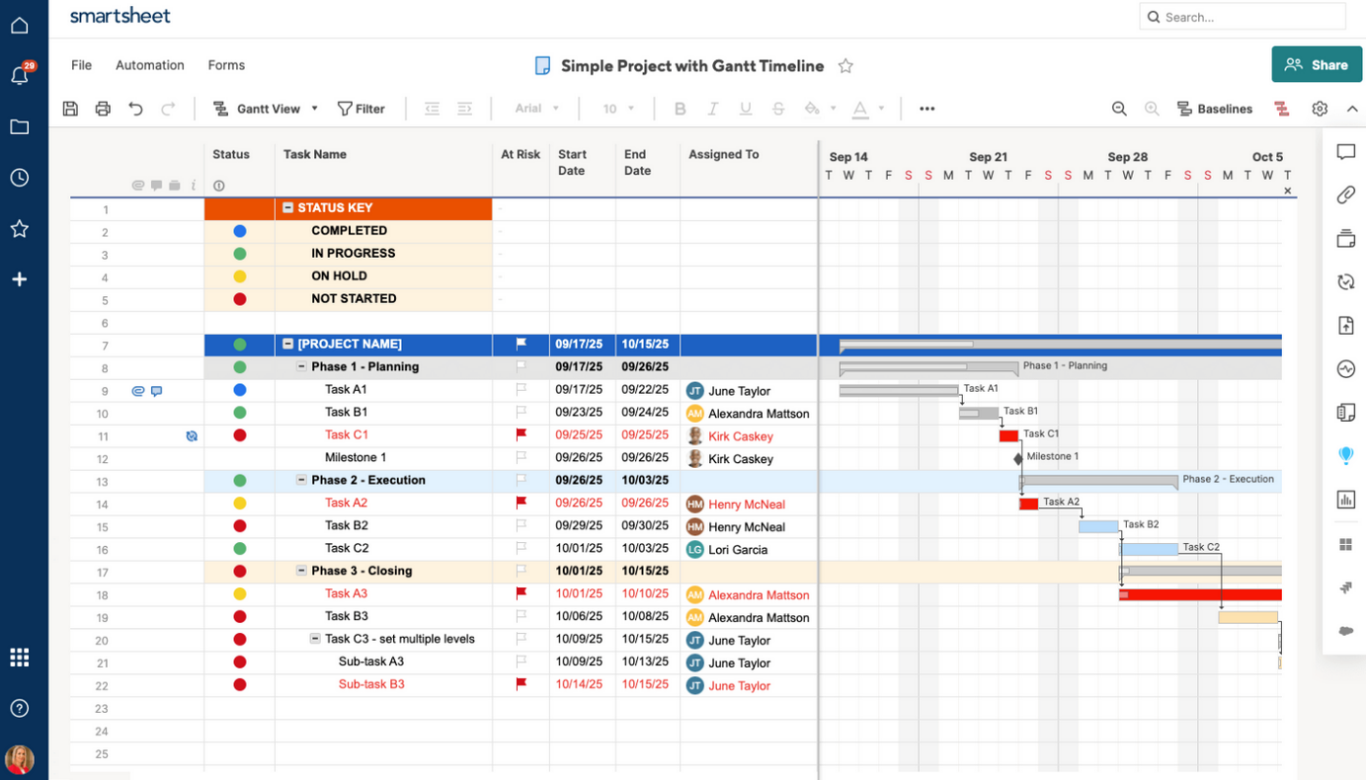
Whether you’re a team of one or one thousand, you need a way to keep track of what everyone’s up to. Unless you’re planning to do that with a bunch of post-its and a corkboard, you need a software tool that can manage tasks for you. A project management tool allows startups to manage everything from marketing campaigns to customer interactions and team communication. Many of these tools also have mobile apps, allowing project managers to check in on their work on the go.There’s a huge variety of these tools on the market, but here are just a few of the best ones:
It’s best to start with a free tool, something you can use without having to worry about how it’ll affect the bottom line of your fledgling business.
Startup tool #2: An office suite
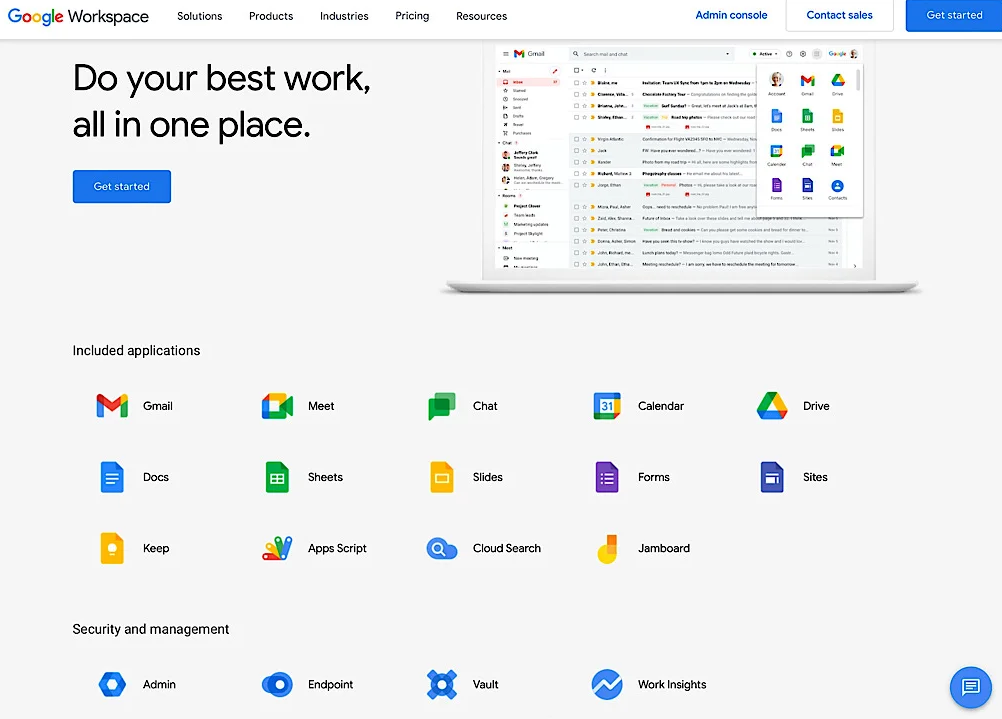
Your office suite will let you draft documents, manage spreadsheets, send emails, and even host video meetings. Everyone in your startup will have used an office suite before, though they might not realize that’s what it is. They’ve worked in a Word document or a spreadsheet. They’ve had video meetings. They’ve sent emails.
An office suite is essential to running any business, startup or otherwise. It covers writing documents, file sharing, cloud storage, email, and a ton of other tools. You really only have two choices here:
Startup tool #3: A chat app

Tapping people on the shoulder and passing notes can only go so far. Whether you’re all in the office, working remotely, or collaborating with external contractors, you need some way to centralize all that communication. Communication tools and chat apps are the single best way to do this, since they allow you to communicate asynchronously — making them ideal for collaborating across remote and distributed teams. Instant messaging, made possible by these tools, allows you to avoid a lot of unnecessary meetings. Here are just a few apps that are great for this:
Startup tool #4: A community
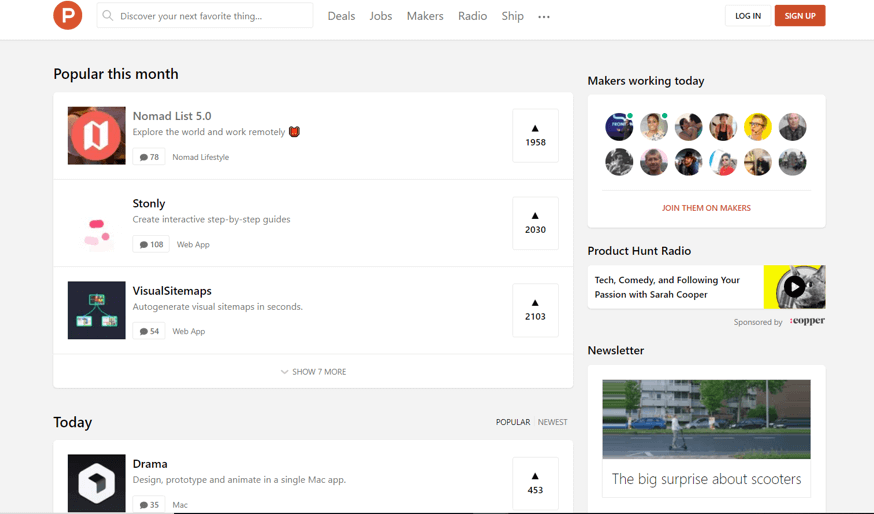
One of the toughest things, when you’re just starting out, is finding a support network. That’s why one of the best startup tools you can have isn’t a tool per se, but a community. By finding like-minded people — some with more experience than you — you can get answers to common questions, get help with tough blockers, and more. Here are just a few communities catered to startups:
Startup tool #5: No-code productivity and collaboration tools
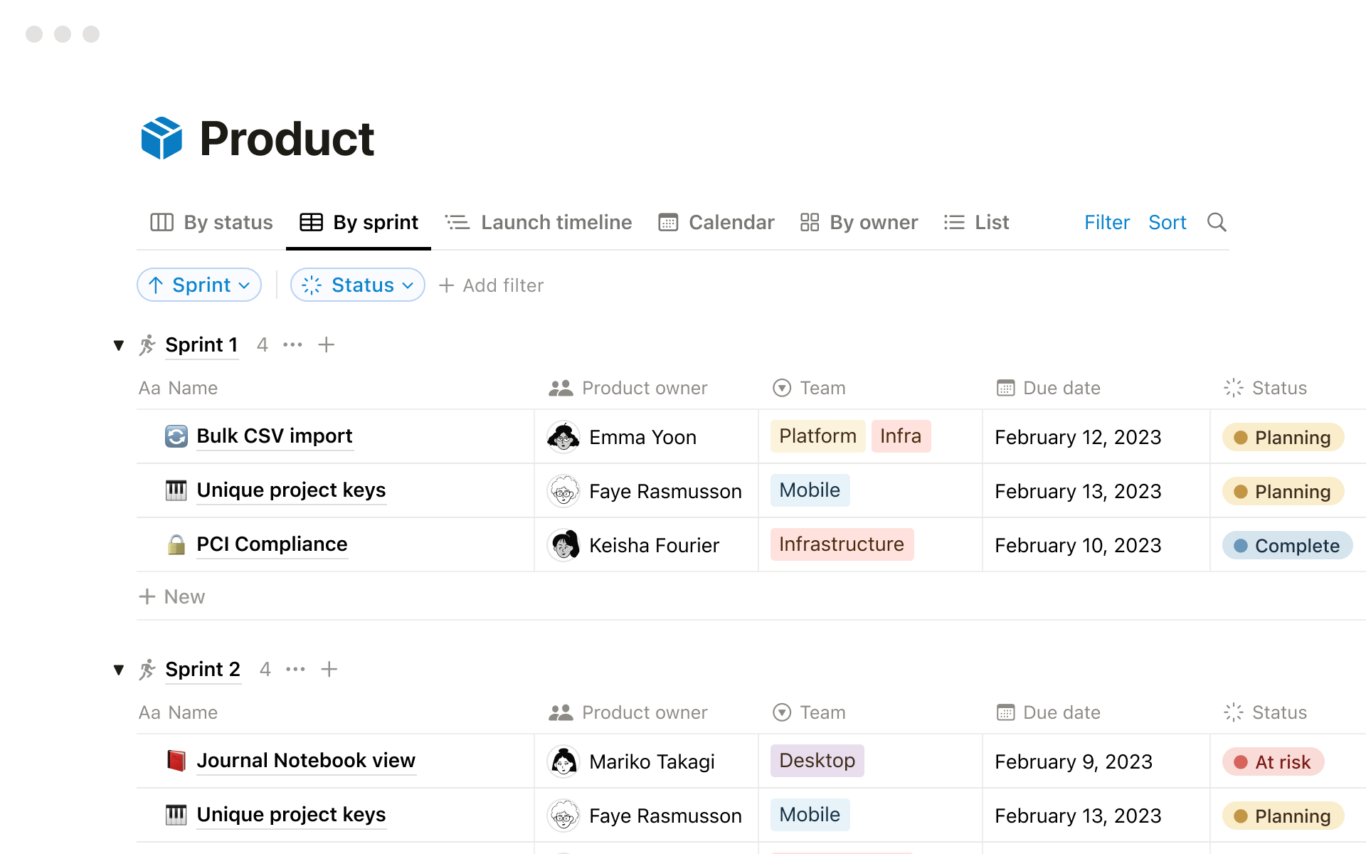
An essential startup tool is something that can be a lot of tools at once. No-code platforms come in many forms, but they’re all designed to let you build software solutions for everything from landing pages to databases without breaking the bank — or any technical knowledge. While you’ll probably need dedicated tools down the line, you shouldn’t keep yourself from going ahead with an important initiative just because you can’t afford the right tool. Here are some of the best options:
#6: A design tool
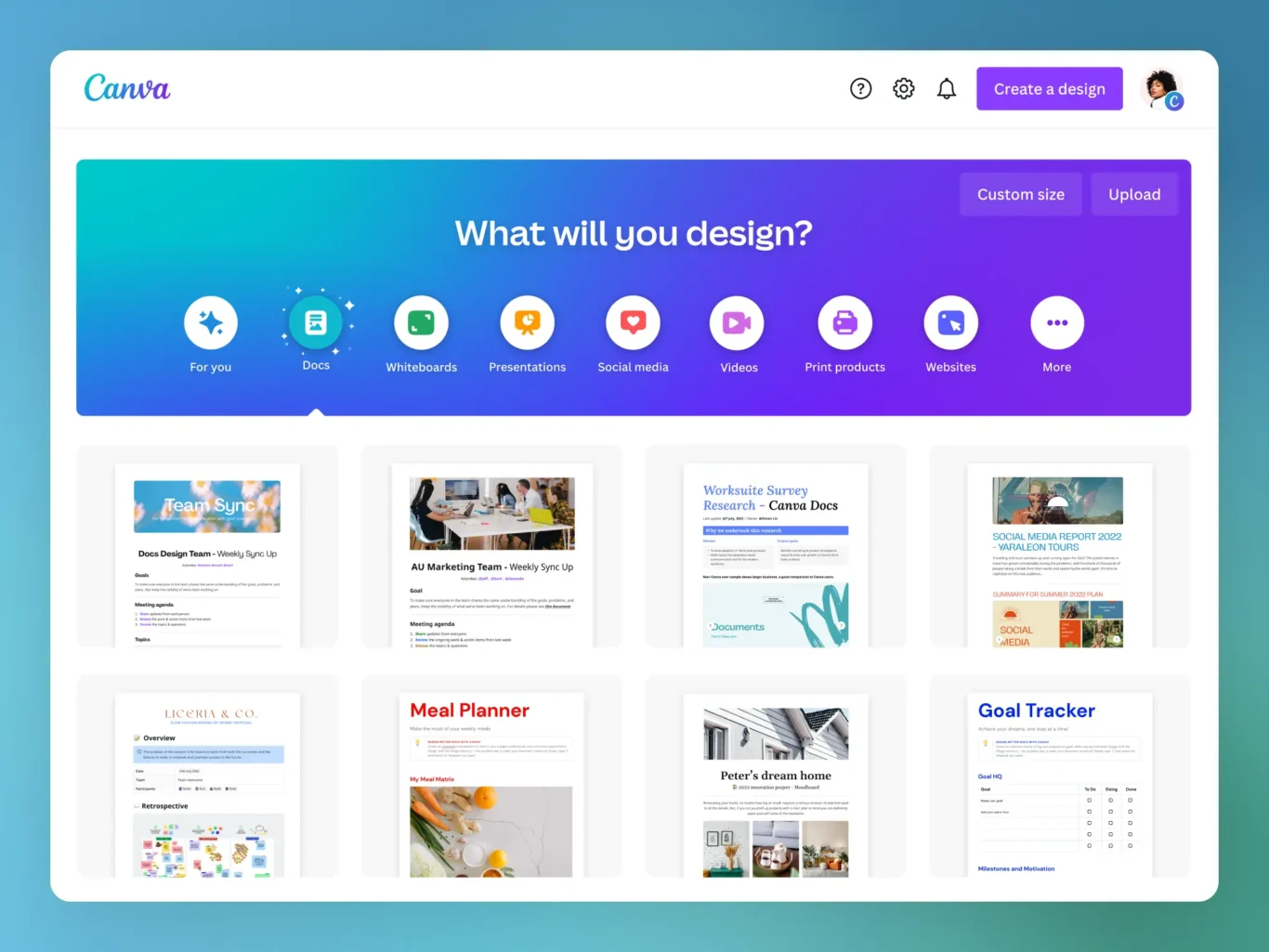
Unless you’re planning to draw out your UI in Microsoft Paint, you’ll need a platform for your designers. Whatever you end up choosing, you’ll want to make sure it’s flexible enough to handle a wide range of design tasks effectively. You can also look for additional features like collaborative design, whiteboarding, and more, depending on your company’s needs. Here are a few options:
- Adobe Photoshop and Illustrator
- Canva
- Figma
#7: A website builder
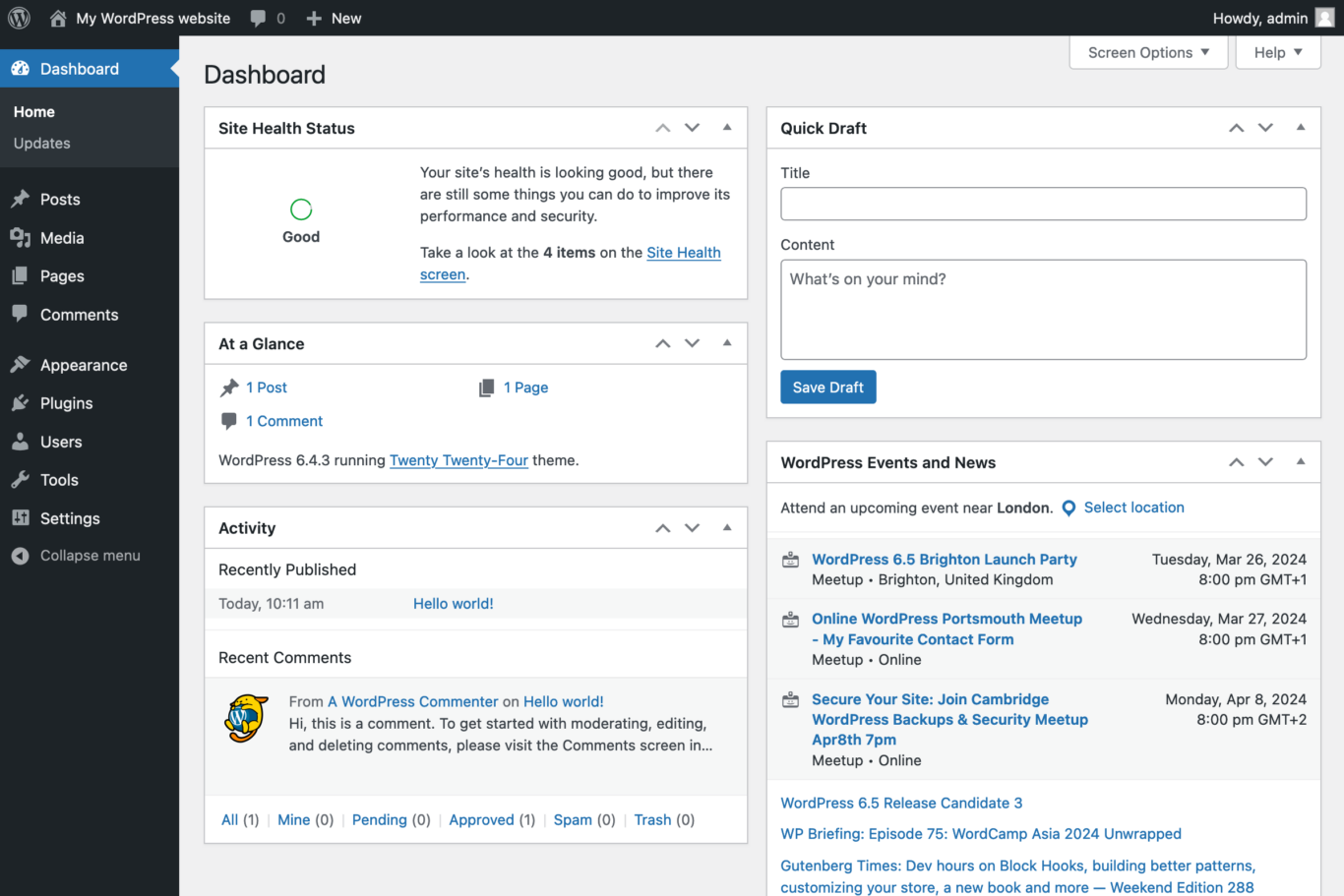
Your startup needs a website. Even a single web page can be enough to market your product, accept payments, and answer customer questions. But unless you’re going to have a developer build all your web pages, you need a website builder. There are a ton of options out there, with various levels of technical skill required, here are just a few of them:
#8: Accounting and payroll software

No matter how small your small business is, you need a way to track revenue, close the books, and pay your people. Whether you have a professional accountant or not, you need a repository for all your startup’s financial data. That’ll be essential for keeping the business growing and keeping expenses low. Here are some popular examples of these tools:
#9: Online payment platform
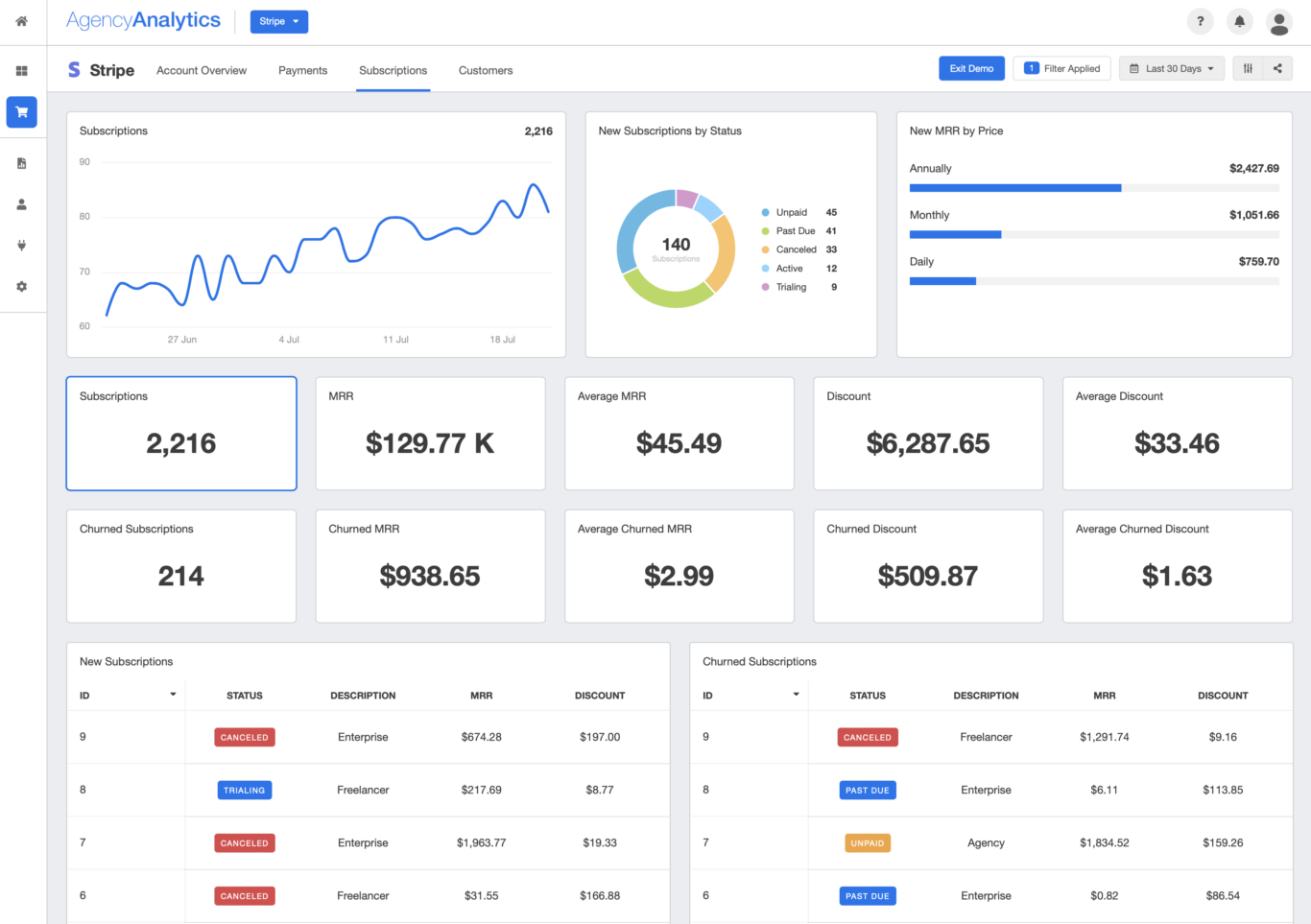
Your startup is a business, and businesses sell things. Unless you’re operating a brick-and-mortar location, you need some way to accept online payments from customers. This should be one of the first tools you set up, since it’ll allow you to fund all your other work. Examples of these tools include:
#10: Analytics tools
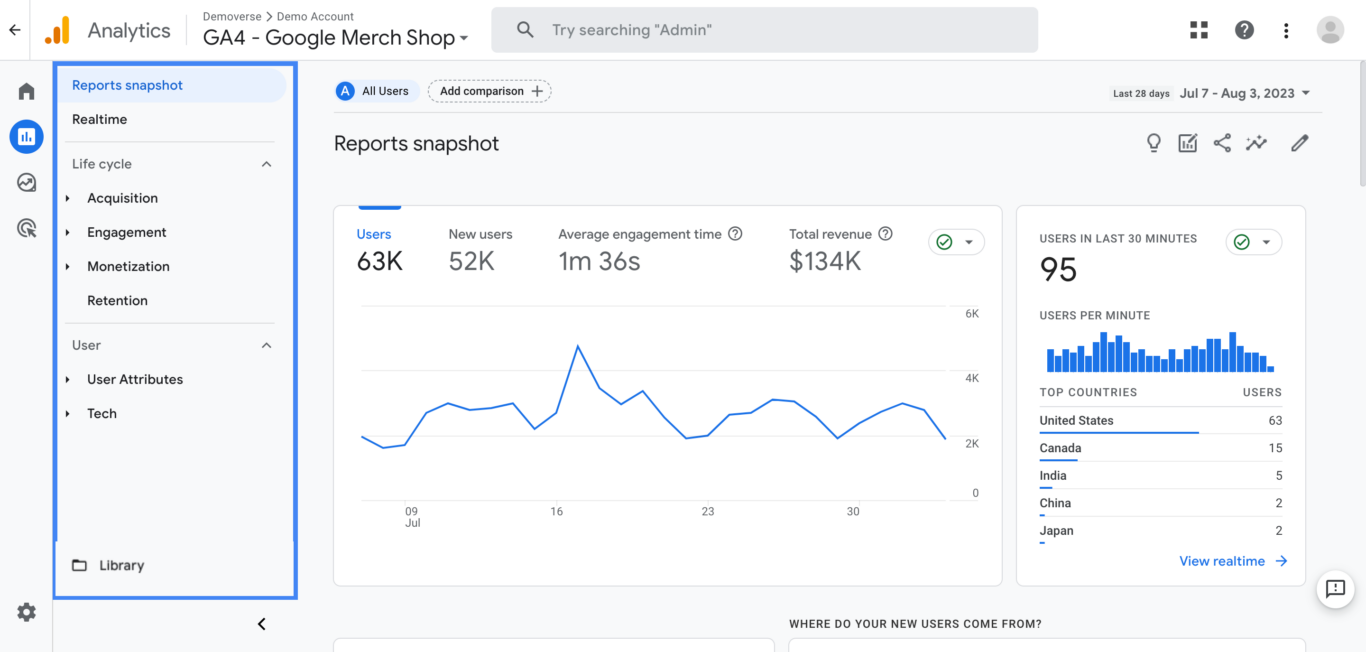
Your startup will work with tons of business data, whether it’s for market research, managing ads on social media platforms, or even analyzing the performance of your online store. There’s a wide range of data analytics tools out there, for all sorts of needs. Examples of these tools include:
Startup tool #11: A version control tool
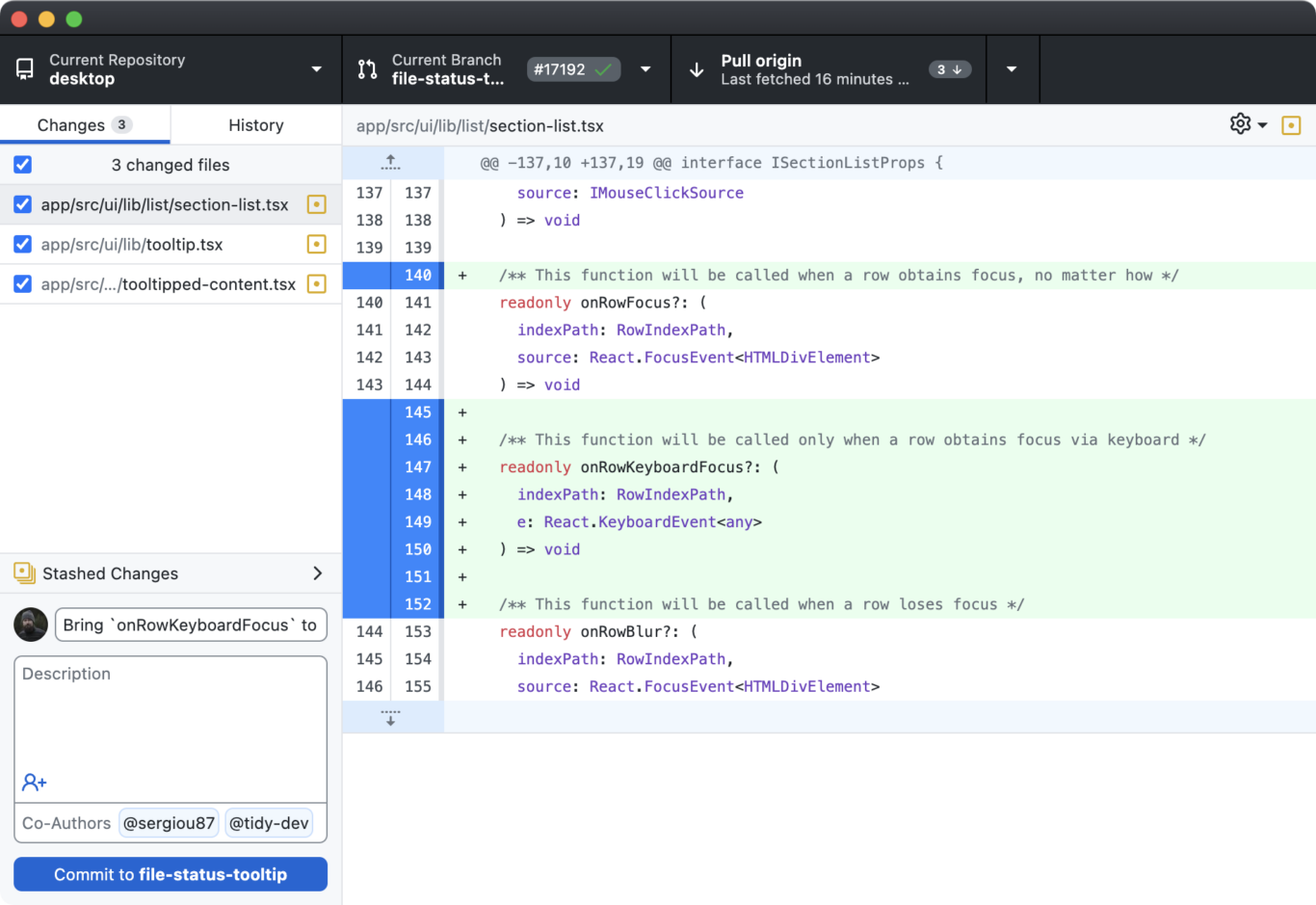
If you’re launching a tech startup, you need a way to keep track of the actual code that’ll be the backbone of the product you’re working on. Version control tools are the best way to do that. They scale with your business, meaning you won’t have to change for an entirely new system as the company grows. Here are some of the most popular version control tools:
#12: An all-in-one integration solution
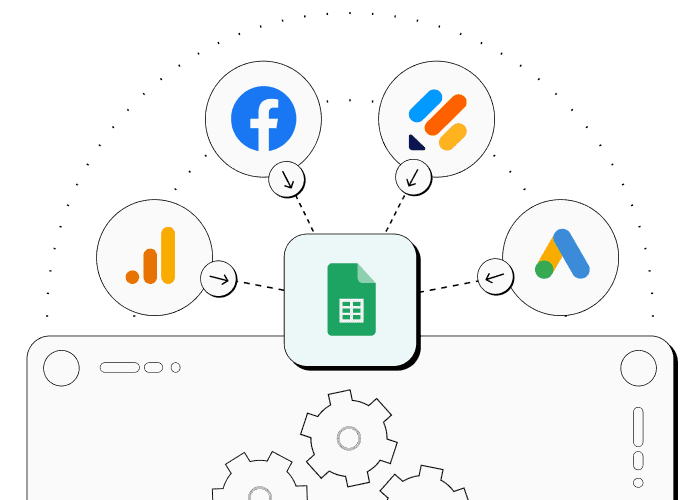
Finally, you need something that makes it all come together. Having the right startup tools means you can do a lot of work, even on your own. But no tool, no matter how effective, can protect you from one of the biggest problems every company, big and small, runs into: tool silos. A tool silo forms whenever you’re using multiple tools. It keeps data locked in, meaning it only gets out if someone manually takes it out. Unless you have the right integration solution like Unito.
Unito is a no-code workflow management solution with the deepest two-way integrations for some of the most popular tools on the market, from task management tools like Asana and Trello to no-code platforms like Notion and Asana.
Even startups with just a few employees can fall prey to tool silos, so even they can benefit from a solution like Unito.
Here’s how.
Start off on the right foot
If you’re going to change the world, you need to set yourself up for success. One of the ways you can do that is by making sure you have the right tools. It’s easy to get paralyzed trying to build the perfect tool stack, but you only need a few tools to get started. Make sure you have a way to track your work, a community to talk to, a platform to build anything you need, and a solution to bring it all together.


